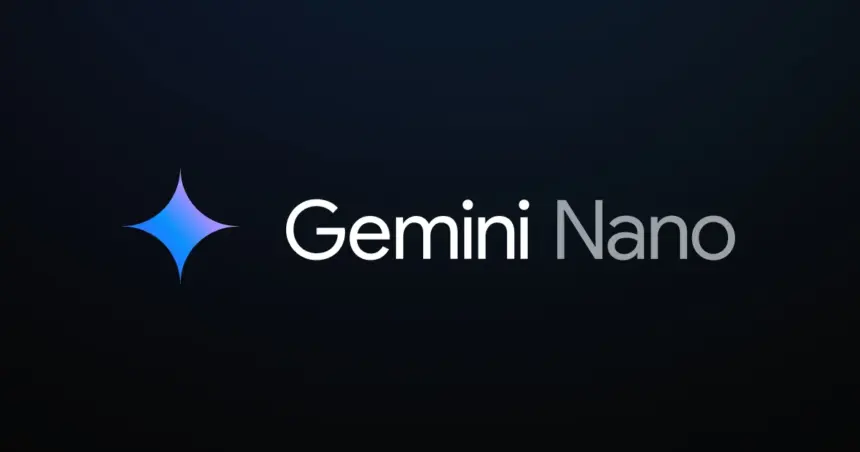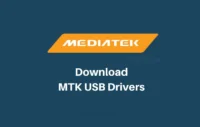With training data at their disposal, IT companies including as Google, Anthropic, OpenAI, and Meta are racing to develop the best large language model (LLM) in order to produce valuable services that attract investors, businesses, and consumers. Some businesses offer smaller versions of their LLMs that can run locally on mobile devices, as the most capable of these LLMs require processing power that simply is not accessible on the little smartphones we carry in our pockets.
Currently accessible on a few Android phones, Gemini Nano is the mobile optimized version of Google’s LLM. Google only offered Gemini Nano on the Pixel 8 Pro smartphone when it first launched it in December. After a month, it was made available for Samsung’s Galaxy S24 series, bringing an end to Pixel’s brief exclusivity for the AI model.
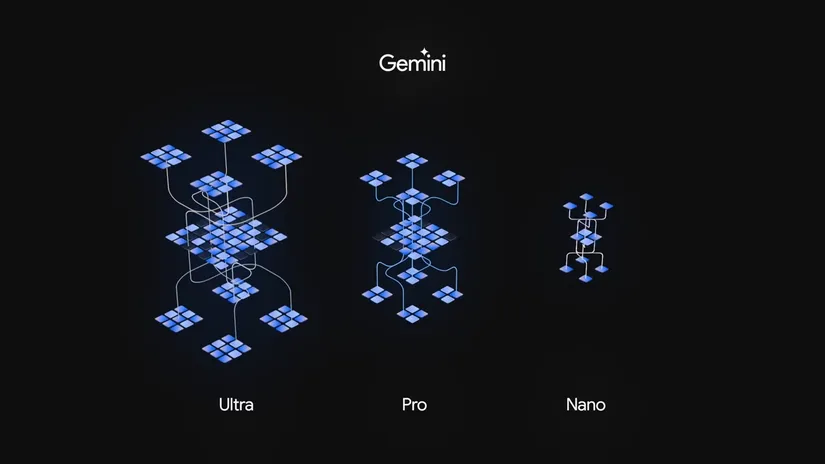
Google began to push out the Gemini Nano variant to a few more Pixel and Samsung devices in 2024. However, Google ultimately introduced the AI model on a smartphone made by Xiaomi, a different manufacturer, last week.
However, it appears that the Xiaomi 14T was only the beginning, as Google has let loose and begun to add support for Gemini Nano to a wide range of new smartphones. This covers both phones from established Nano backers like Samsung and phones from recent Nano entrants like Motorola and Realme.
What phones support Gemini Nano?
Devices that support Gemini Nano
- Google Pixel 8
- Google Pixel 8 Pro
- Google Pixel 8a
- Motorola Edge 50 Ultra
- Motorola Razr 50 Ultra
- Samsung Galaxy S24
- Samsung Galaxy S24+
- Samsung Galaxy S24 Ultra
- Samsung Galaxy S24 FE
- Samsung Galaxy Z Flip 6
- Samsung Galaxy Z Fold 6
- Realme GT 6
- Xiaomi 14T
- Xiaomi 14T Pro
- Xiaomi MIX Flip
Devices that support the latest Gemini Nano with multimodality
- Google Pixel 9
- Google Pixel 9 Pro
- Google Pixel 9 Pro XL
- Google Pixel 9 Pro Fold
What differentiates the most recent Gemini Nano versions from one another?
While Gemini Nano and its multimodal variant are both members of the Gemini 1.0 family of LLMs, the multimodal version supports input formats other than text, such as image, speech, and audio. Google claims that the updated version of Nano performs far better in real-world applications and academic benchmarks, and it is roughly twice as big as the previous version.
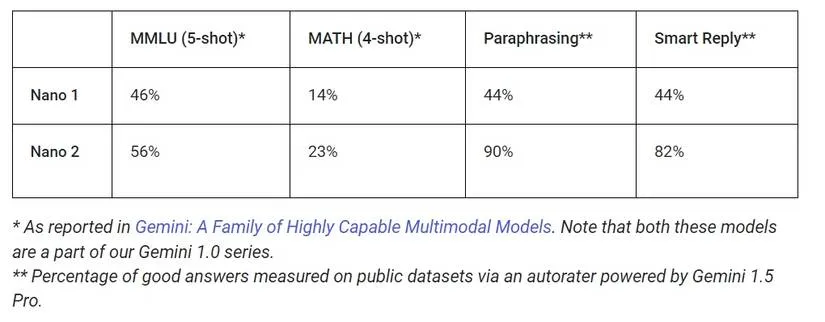
Gemini Nano’s latest version with multimodality is currently only available on the Google Pixel 9 series, with no word on when or if it’ll come to other devices.
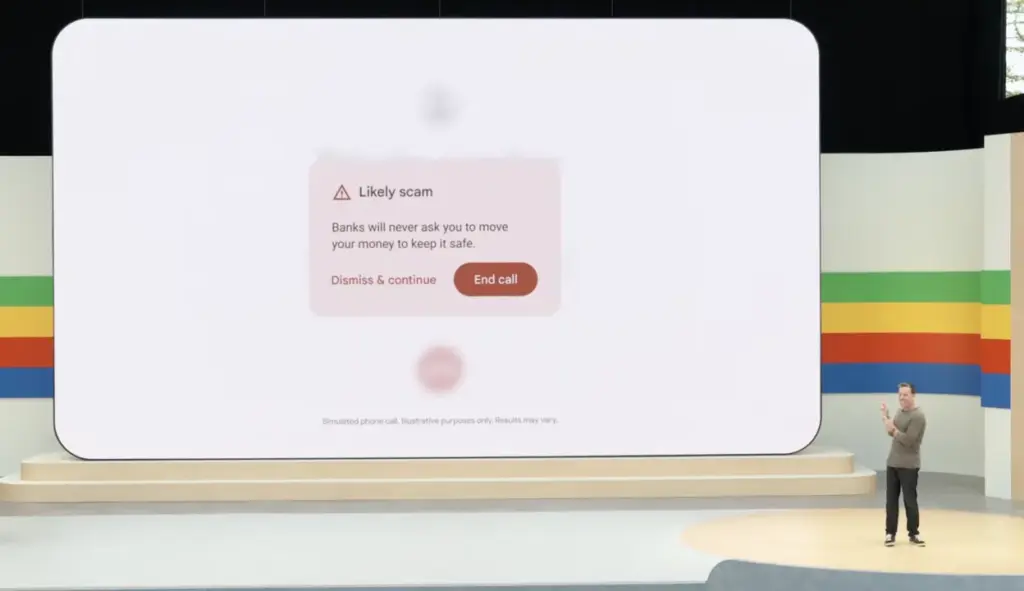
Which AI functionalities does Gemini Nano support?
The AI functions in the Pixel Screenshots, Talkback, Pixel Recorder, Phone by Google, and Pixel Weather applications are powered by the new Gemini Nano, which has multimodality on the Google Pixel 9 series. Pixel Screenshots analyzes your screenshots locally using multifunctional Gemini Nano. TalkBack makes use of it to produce visual descriptions. It is used by Pixel Recorder to condense transcripts of audio recordings. It is used by Google Phone to transcribe phone conversations. Finally, it is used by Pixel Weather to produce a weather summary for the day.
Because of its smaller size and support for text-only input, the previous Gemini Nano on the Google Pixel 8 series has a few extra limitations. In approved messaging apps, it aids in the Gboard app’s generation of intelligent responses. (Smart answers in Gboard are powered by Gemini on the Google Pixel 9, and there are no discernible differences.) It also facilitates the generation of transcript summaries for the Pixel Recorder app, however it is limited to 15 minutes of audio recording.
Currently, the older Gemini Nano model powers only one AI feature on non-Pixel devices, which is Magic Compose in Google Messages. This function suggests possible responses for you to send to a contact based on the context of the last 20 messages in a discussion. Your texts never leave your device because this is all done on-device.
Hopefully, this will not remain the case for long, even if Magic Compose is presently the only Gemini Nano-powered function that is compatible with all devices that utilize the AI model. Indeed, Google has now made the AI Edge SDK, which enables apps to leverage Gemini Nano, available for experimental use.
However, as this experimental access is merely “for development purposes,” third-party app developers are unable to utilize Gemini Nano for AI capabilities at this time. Furthermore, most devices are not included in this project because developers can only use the newer Gemini Nano with multimodality for text-to-text prompting through this experimental access.
In any case, it is evident that Google is committed to making Gemini Nano available on more Android smartphones. Currently, Gemini Nano is supported by 15 Android phones, and the latest Gemini Nano with multimodality is supported by an additional 4. Hopefully, as Google rolls out the AI model to more phones, developers will be more inclined to create innovative and engaging applications that leverage it.

